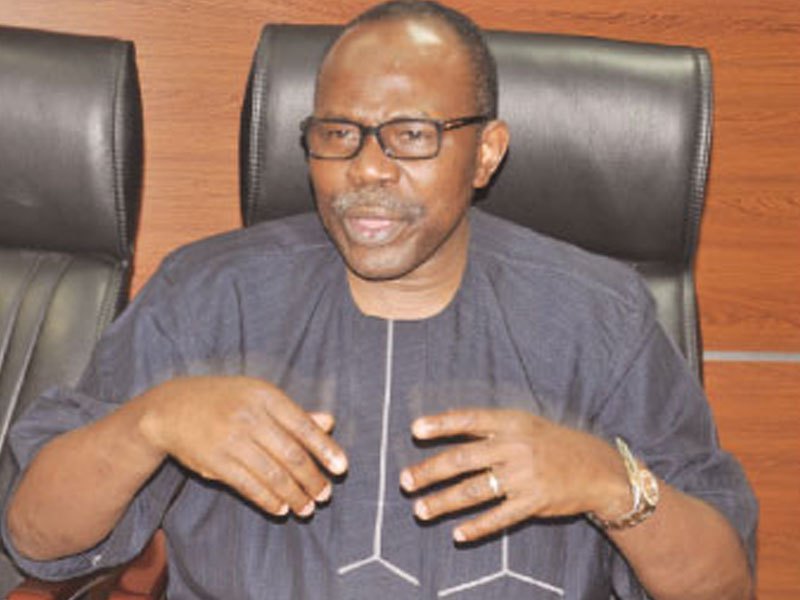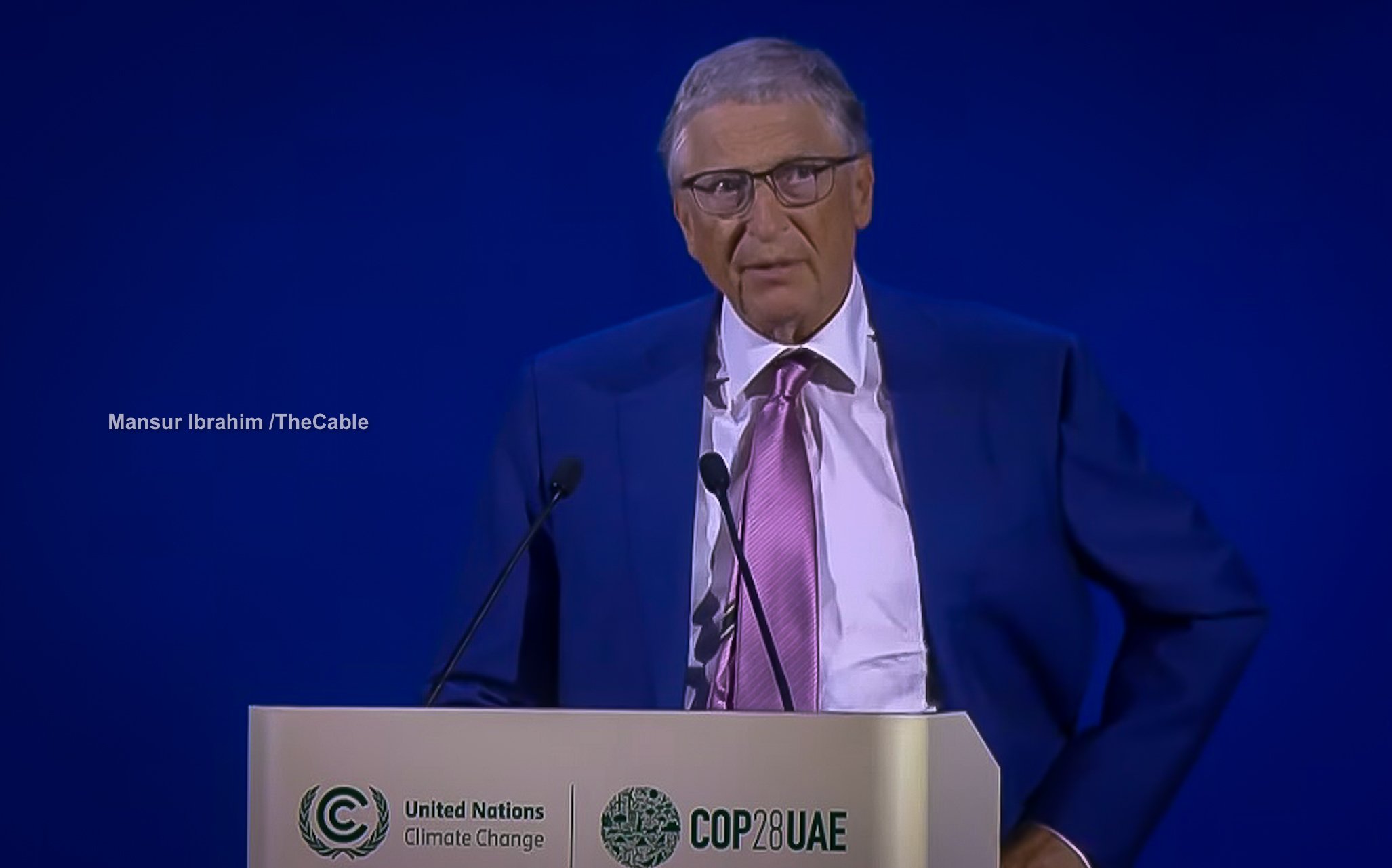In the face of the challenges in the oil sector, particularly the current tightness in the supply of petrol, it has become fashionable to blame the national oil company, the Nigerian National Petroleum Company Ltd (NNPC Ltd), for everything. Last week, it was Prof. Pat Utomi who railed and fumed at the NNPC Ltd calling it one of the most opaque and unreliable companies in the world. Before then, The Punch had published an editorial in which it described the NNPC Ltd as a danger to Nigeria. The latest of these vitriolic attacks is by Dr. Muiz Banire, a Senior Advocate of Nigeria (SAN), and former Commissioner of Transport and Environment, Lagos State, who contended in his column in The Sun that NNPC Ltd is the black hole of Nigeria.
Considering all that is going on in the petroleum sector, it would appear justifiable to call out the NNPC Ltd as some people have been doing in recent times. But most of the diatribes have been based on sentiments that are not rooted in facts. Railing at the NNPC Ltd without a thorough understanding of the issues that threw up the current challenges in the oil sector, as most of the commentators have been doing, will yield no good for the country. At this critical intersection, the task for all well-meaning Nigerians should be how to find lasting solutions to the mischiefs in the oil sector and not to look for scapegoats, as Dr. Banire has done.
According to Banire, Nigeria has been experiencing fuel scarcity since 1973 on the back of fuel subsidy and the NNPC Ltd is responsible for it. The assertion that the NNPC is responsible for this state of affairs is moot. The policy of fuel subsidy is not the preserve of the NNPC. Various administrations over the years have thought it wise to subsidize the cost of petroleum products for citizens. They came up with different methods of doing that. The role of NNPC Ltd has been to implement the policy as decided by government. At a point when the various administrations felt that the fuel subsidy policy had become a burden that should be done away with, they made it known. NNPC Ltd, as the national oil company, implemented it. This was the case in 2012 when the nation went up in protest against the decision of government to remove fuel subsidy. The same scenario repeated itself in 2019 when the then administration came up with the policy to remove fuel subsidy. NNPC Ltd is neither responsible for the policy of fuel subsidy or its removal.
It is very unfortunate that Dr Banire would descend to the level of castigating the NNPC Ltd for the fuel subsidy debacle that has plagued Nigeria and on the basis of that label the Company that has over the years patriotically borne the brunt of the fuel subsidy policy as a black hole. His analysis fails to take into consideration the huge challenges of products smuggling, pipeline vandalism, and crude oil theft that the company contends with daily, and in spite of which it manages to keep the nation going with crude oil production and fuel supply.
Advertisement
Barely three months after the Federal Government announced the removal of fuel subsidy, it became difficult for both major and independent petroleum products marketers to import petrol because of the foreign exchange policy. They could not source forex to continue to bring in petrol. Since then, NNPC Ltd has been importing the product and selling at almost half price in keeping with the provisions of the Petroleum Industry Act (PIA) which designates it as the fuel supplier of last resort. Yes, there have been supply hiccups here and there because of the financial constraints imposed by the transaction. Just imagine the hardship the nation would have suffered if NNPC Ltd was not there to play the role of supplier of last resort! NNPC Ltd is the reason Nigerians continue to enjoy lower pump price for petrol than they would ordinarily pay for the product. How then does such a company become a black hole?
For Banire, NNPC Ltd is responsible for everything that is wrong in the oil sector. He even blames smuggling and the unauthorized sale of petroleum products to street urchins who in turn trade it in the black market in jerrycans on the NNPC Ltd. But does he have evidence that the unpatriotic marketers who divert petroleum products meant for local consumption to neighbouring countries are staff members or representatives of the NNPC Ltd? Does he have any shred of evidence that the boys who sell fuel in the black market in jerrycans source their products from NNPC Retail Ltd.’s stations? The least one would expect from a lawyer of Banire’s standing is a fact-based and not speculative commentary.
The NNPC Ltd has turned a corner since 2018 when it began to prepare for the enactment of the Petroleum Industry Act, which was eventually passed into law in 2021. Apart from deepening its commitment to accountability and transparency by regularly publishing its audited annual financial statements, it has become a profitable company with undisputable growth trajectory. It recorded an unprecedented N3.29 trillion profit in its recently released 2023 audited financial report. But this fact is conveniently lost on Dr. Banire who insists that he has not seen any difference between NNPC as corporation and the commercially focused NNPC Ltd that was incorporated in 2021. Fortunately, it does not take Banire to see or believe that NNPC Ltd, as presently constituted, has broken away from its debilitating past for it to be true. He is at home with the legal maxim: “Res Ipsa Loquitur”, meaning the facts speak for themselves.
Advertisement
While one cannot dissuade people like Dr. Banire from criticizing the NNPC Ltd, they must refrain from standing facts on their heads all because they want to be populist or be in the good books of the public. Besides, the Banires of this world should also not be intentionally mischievous in their assertion that the NNPC Limited is exercising an overbearing influence on the regulators. One expects that given the level of their educational accomplishments, they should have the capacity to research very well into the subject matters of their editorial interventions so that they do not argue, assert and progress in error(s). In the corollary, it is either Banire is mischievous or ignorant about the assertion he made in his write-up that the NNPC influences the the Nigerian Upstream Petroleum Regulatory Commission (NUPRC) and the Nigerian Midstream Downstream Petroleum Regulatory Agency (NMDPRA) who are the two independent regulators. If he lacks a clear knowledge of the workings of the sector, he should be humble enough to seek clarifications so he could be well informed. NNPC Limited is an operator-with a number of refineries under its purview. The Port Harcourt refinery will soon take off. As a matter of fact, the refineries under the NNPC are operators and are therefore subject to the regulatory framework and regulations set out by the NMDPRA. The operator(s) cannot, therefore, exercise overbearing influence on the regulators. This is commonsensically impossible. Pure and simple.
Soneye is the chief corporate communications officer of the NNPC Ltd.
Views expressed by contributors are strictly personal and not of TheCable.
Add a comment










